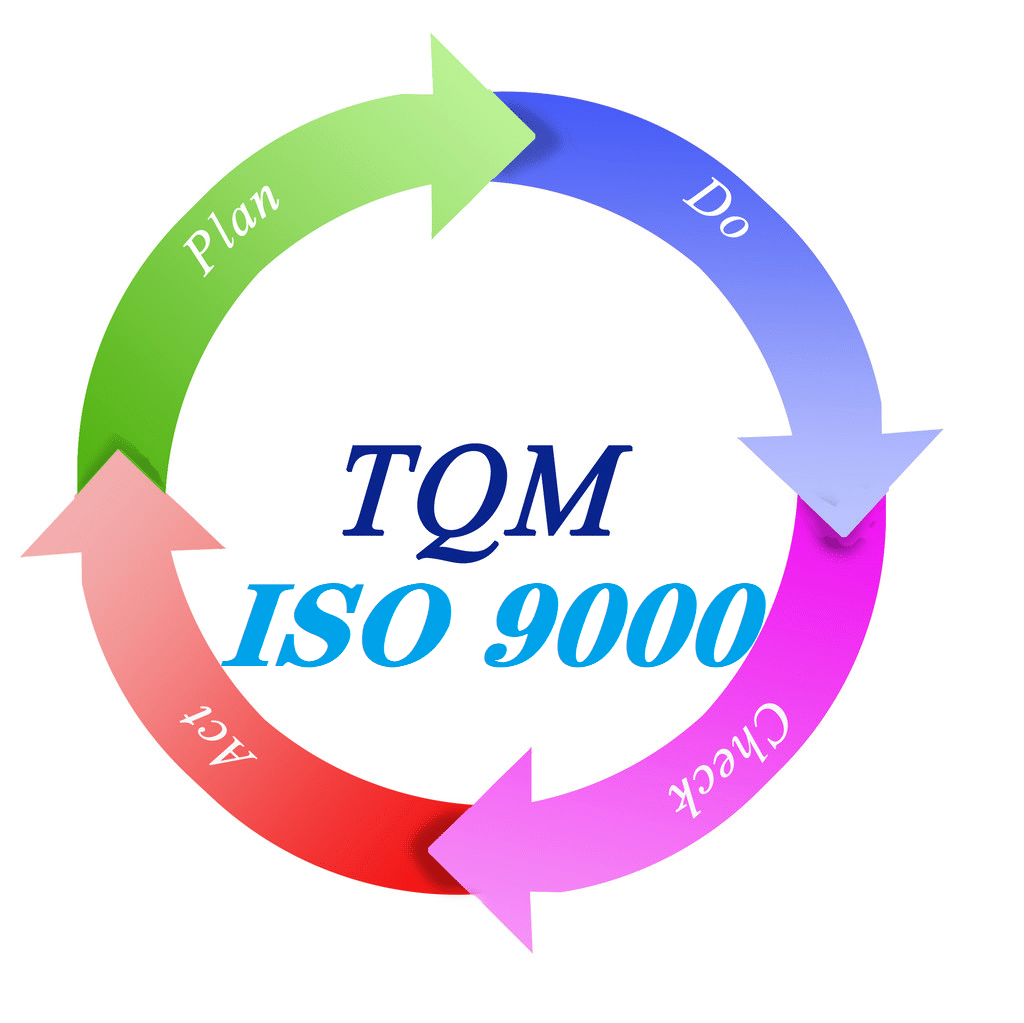Total Quality Management (TQM) and ISO 9000 are the products of the continuous development and improvement of the methods and tools people use in solving quality problems. As two stages in the development of quality management doctrine, they are both intrinsically related and substantially different. And it is important to clarify this difference and connection to guide our quality management.

The Connection Between TQM And ISO9000
1. Theoretical basis is the same. Quality management has gone through three practical stages: inspection quality management, statistical quality management and total quality management. And these practical activities have gradually formed and enriched the basic principles and theories of quality management and made it an independent discipline. Any kind of standard is the product of combining theory and practice, and so is the ISO9000 family of materials. Therefore, the common foundation of TQM and ISO9000 is quality management science; ISO9000 family standard is the product of combining with TQM practice on the basis of the development of quality management science theory.
2. The ultimate goal is the same. Both highlight the participation of all employees of an organization to improve the quality of the products (services) of the organization (enterprise) and achieve customer satisfaction as the common goal of both.
3. Emphasis on continuous quality improvement. Both believe that quality is an upward spiral process. The cycle is the working procedure. After each cycle, the quality will improve once. And ISO9000 family standards, specifically in the ISO9004-4 this standard, clearly put forward the quality improvement objectives, organization, planning, measurement, and provide 11 tools and techniques for use. Therefore, both focus on continuous improvement of product and service quality through process quality improvement.
4. Pay attention to the application of modern statistical techniques and modern management techniques. Both emphasize the use of a variety of methods for quality management, including existing and to-be-developed techniques and methods. ISO9000 emphasizes the application of a variety of statistical techniques and methods, especially in quality improvement, and introduces 11 tools and techniques such as recommended questionnaires, hierarchical charts, horizontal comparison charts, cause and effect charts, control charts, histograms, and alignment charts.
The Difference Between TQM And ISO9000
- ISO9000, as a quality management and quality assurance standard, has the attributes of a standard, which achieves orderly, uniform and standardized quality management and maintains relative stability. TQM, on the other hand, is a new theory at a certain stage of development of quality management doctrine, which is a practical and continuous improvement process.
- TQM is a new theory of quality management at a certain stage of development, which is a practical and continuous improvement process.
- ISO9000 attaches importance to the process and emphasizes that all work is realized through process control; TQM attaches importance to the result and emphasizes the play of human initiative and creativity.
- ISO9000 standard mainly reflects the management philosophy of Europe and the United States, while TQM reflects modern management thinking, emphasizing its quality management independent planning, independent implementation, independent inspection and independent improvement under the changing objective conditions.